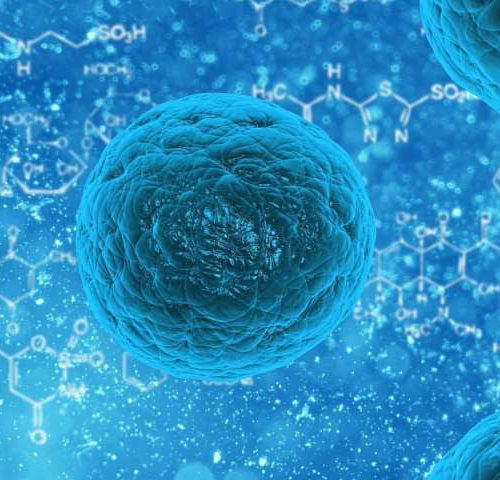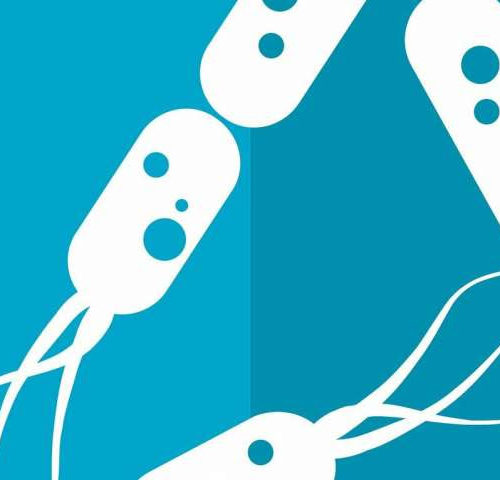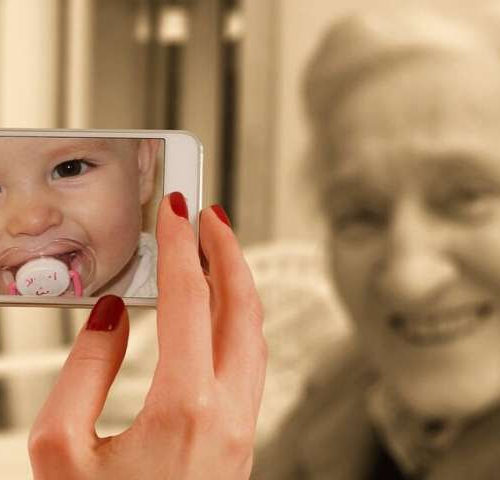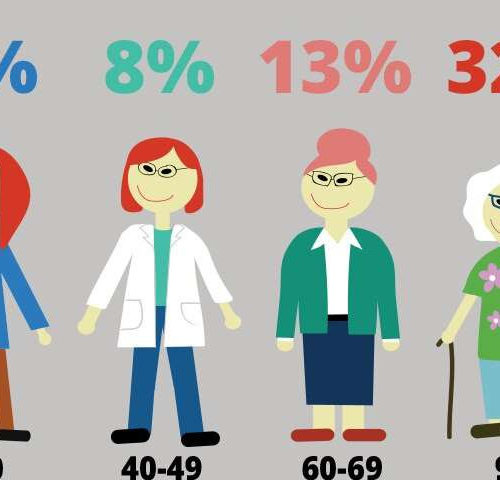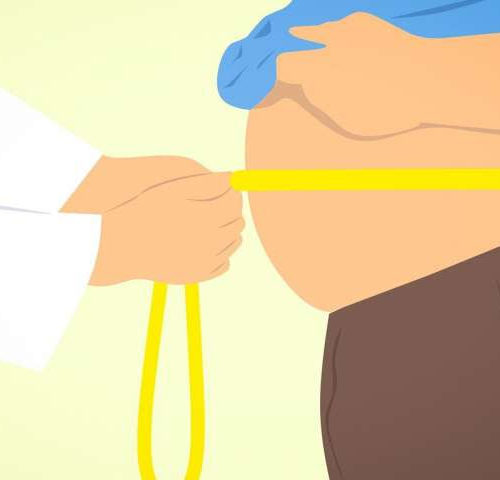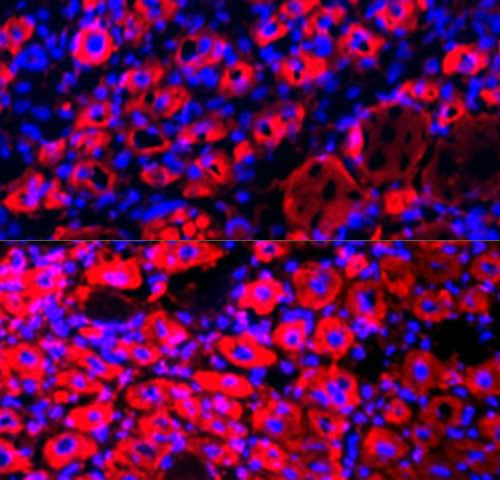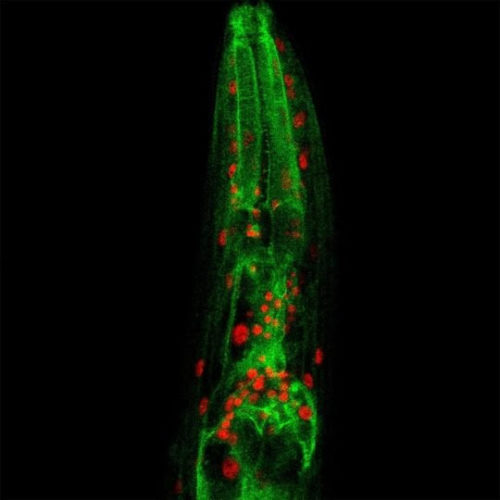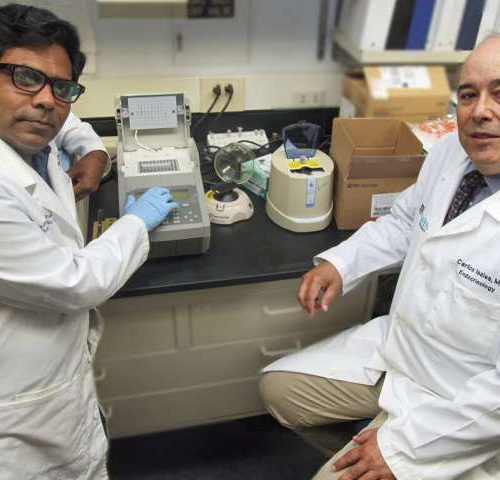by The Physiological Society Our ability to regulate body temperature and keep our bodies from becoming dehydrated declines as we get older. New research published today in the Journal of Physiology improves our understanding of the relation between temperature regulation and dehydration. This research can help us to better tailor strategies for managing both body temperature regulation and hydration during heat exposure...
Category: <span>Anti-aging</span>
Blocking enzyme’s self-destruction process may mitigate age-related diseases
by Perelman School of Medicine at the University of Pennsylvania Stopping the cannibalistic behavior of a well-studied enzyme could be the key to new drugs to fight age-related diseases, according to a new study published online in Nature Cell Biology. For the first time, researchers in the Perelman School of Medicine at the University of Pennsylvania show how the...
Could a poo transplant one day be the secret of eternal youth?
by University of East Anglia Fecal transplants could one day be used as a therapy to restore cognitive function in the elderly—according to new research from the University of East Anglia, the University of Florence and the Quadram Institute. A new study published today shows how fecal transplants from older to younger mice altered their gut microbiome, which in...
The key to minimizing health risks associated with aging
by The Westmead Institute for Medical Research Credit: CC0 Public Domain Researchers hope developing therapies that target CD47 will significantly reduce the impact these health issues have on older individuals and health systems globally. During old age, some of the body’s most important functions, like the formation of new blood vessels, blood flow and metabolism...
Blood cell mutations linked to leukemias are inevitable as we age
by RIKEN A new study by researchers at the RIKEN Center for Integrative Medical Science in Japan reports differences in blood cell mutations between Japanese and European populations. The study found that these pre-clinical mutations were strongly associated with different types of cancers and can explain why Europeans have higher rates of chronic lymphocytic leukemia,...
Study gives insights into how human fat cells are affected by age
by Anna Molin, Karolinska Institutet Knowledge of how human fat tissue is affected by age has long been defined by numerous mouse-based studies. Researchers at Karolinska Institutet in Sweden have now, for the first time, been able to conduct a prospective study on humans that provides novel insights into how our fat cells reduce lipid...
Diluting blood plasma rejuvenates tissue, reverses aging in mice
New study suggests that plasma exchange could be the key to unlocking the body’s regenerative capacities UNIVERSITY OF CALIFORNIA – BERKELEY CREDIT: IMAGE COURTESY IRINA CONBOY Berkeley — In 2005, University of California, Berkeley, researchers made the surprising discovery that making conjoined twins out of young and old mice — such that they share blood...
Subcellular chatter regulates longevity
As people get older, they often feel less energetic, mobile or active. This may be due in part to a decline in mitochondria, the tiny powerhouses inside of our cells, which provide energy and regulate metabolism. In fact, mitochondria decline with age not only in humans, but in many species. Why they do so is...
Tiny RNA that should attack coronavirus diminish with age, disease
by Medical College of Georgia at Augusta University A group of tiny RNA that should attack the virus causing COVID-19 when it tries to infect the body are diminished with age and chronic health problems, a decrease that likely helps explain why older individuals and those with preexisting medical conditions are vulnerable populations, investigators report....
Epidemiologists develop new tool for measuring the pace of aging across the life course
May 5, 2020 — A study just released by Columbia University Mailman School of Public Health is reporting a blood-DNA-methylation measure that is sensitive to variation in the pace of biological aging among individuals born the same year. The tool – DunedinPoAm — offers a unique measurement for intervention trials and natural experiment studies investigating...


